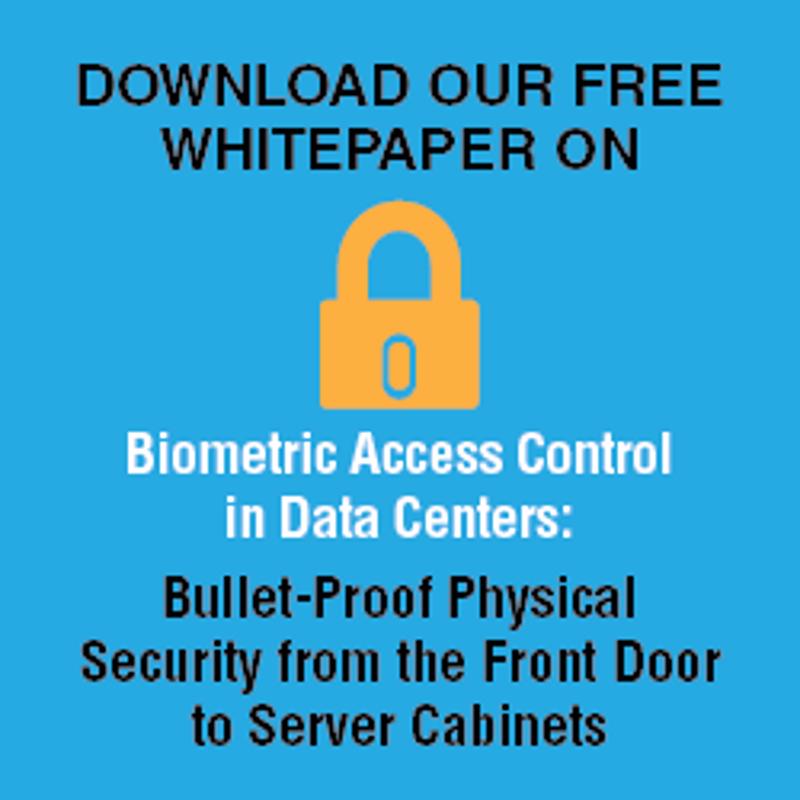The fear of cyberattacks has become perhaps the greatest impediment to widespread information sharing in the business world. In the aftermath of high-profile data breaches against Sony Pictures and bitcoin, among others, chief executives are well aware of both the rewards and the risks of widely accessible data centers.
However, tech engineers are doing their best to devise useful innovations that can strengthen cybersecurity efforts in global commerce. As more and more IT managers gradually fortify their data center security, encryption has emerged as one of the most common strategies to counter the threat of hackers.
Amazon Web Services unveils new method for encryption
According to Talkin Cloud, AWS has released a new set of encryption options that will enable a range of preventative strategies for its database service customers. Jeff Barr, the chief evangelist for AWS, told the news outlet that the encryption options are compatible with many different kinds of database services.
“For all the database engines and key management options listed above, encryption and decryption are applied automatically and transparently to [Relational Database Service] storage and to database snapshots,” Barr told the news outlet. “You don’t need to make any changes to your code or to your operating model in order to benefit from this important data protection feature.”
High-profile cyberattacks bring attention to security
The recent hacks against Sony Pictures, Home Depot and Target have catalyzed global efforts for enhanced cybersecurity, Inquisitr reported. An anonymous security director said that his company has responded to these breaches by implementing a service called nCrypted Cloud, which allows the owner of the data to disguise their own files.
“You don’t know and you can’t trust that your file is private,” the anonymous source told the publication. “It’s like sending a postcard in the mail – anyone can read it.”
Biometrics – another emerging option
Business leaders who are beginning to use encryption services would be wise to consider biometric data centers for data storage. These information hubs use technologically advanced security systems that require the unique physical characteristics of an individual, such as a fingerprint. This highly controlled form of protection ensures that only employees with the right fingerprints have access control for important company information.
For an even greater level of digital security, chief executives should also consider dual-access systems for their data centers. This system mandates the use of two separate identifications from a pair of individuals at the same time. Research has shown that the dual-access biometric data center is the most effective way to bolster a company’s digital security infrastructure.
